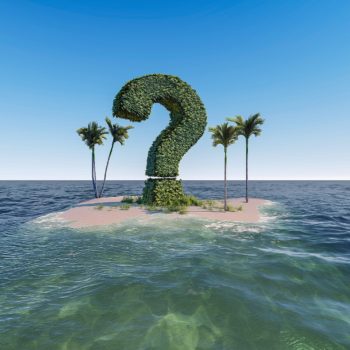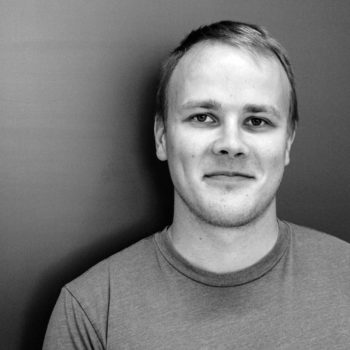
Photo by https://pixabay.com/photos/question-mark-knowledge-question-3255136/
This blog post, written by WDRG doctoral candidate Johannes Piipponen, is all about asking questions. How many questions can you ask, how to ask them, and how will it help you? Hopefully, this post will motivate students and rookies in science (or other professions) to ask for help when it is needed.
Most of the time, we have all the tools and knowledge needed for completing a task, for example, writing this article. But how on earth can we find the required information and make progress? The iterative process of reading, searching the Internet, and seeking advice is effective; but how to deal with asking questions? We don’t want to overload our colleagues by asking silly questions all the time, but asking others’ opinions is often necessary, even if we consider ourselves to be experts. Getting negative feedback or criticism from others can be discouraging, however, sometimes those unpleasant views are exactly what we need.
At least when it comes to academic work, reading and asking are closely interconnected. After reading an interesting article, you will sometimes want to ask for the views of the author. And what is even better: you are allowed to do this. Discussing the results is the basis of science, and generally, knowledge is to be shared and for the help of others! My experiences on this have only been positive as long as I have asked relevant questions. Authors may even be delighted to know their work has been acknowledged, and their expertise appreciated. At least that is how I feel when someone refers to my work and asks for help.
So, the key is to know what to ask and how to ask it. Sometimes I have failed and asked too many questions without thinking, or I realize that I have asked a question quickly and just hoped for the best. This means that my questions have either been too trivial, vague or otherwise unimportant and haven’t called for a reply. And what is even worse, I might notice mistakes or inconsistencies in my thinking right after sending an ultra-fast email. This kind of communication simply wastes the valuable time of the recipient and is worthless all around, so consider your question carefully before sending it.
Let me try to put this into words. Instead of reading an article briefly and then contacting the author and asking a general question like
‘Dear Pekko, could you tell me what to do in life?’
one could ask something more detailed like
‘Dear Pekko, I have been reading your paper ‘xxx’ and I wonder whether this approach could be applied on a global scale?’
The latter proves that the reader has actually read the text and has, at the very least, some understanding of the topic, making the author feel appreciated, and thus hopefully more likely to respond to your question.
Naturally, it is still possible that you won’t get an answer despite spending a lot of time framing the question. But do not take it personally – most likely, there is no reason for that if you have done the background work (googling for the solutions, etc.) carefully instead of trying to take the easy way out. The bright side of asking questions is that it works a bit like machine learning: you will get better given that the base algorithms are in order. If they are not and you are not getting the answers you are looking for, it might indeed be your own fault, and in that case, you have to think about how to improve and what to change.
If the question you’re asking is essential and relevant, there are undoubtedly many out there who will be happy to help you. Sometimes you will have to browse your list of contacts or search the web for a specialist who could guide you, but to be honest, you will often have seemingly endless choices of whom to ask. So, the question is, why not utilize this horn of plenty and decentralize the flood of questions a bit? Contacting unknown experts may bring about some novel thoughts or even collaboration with them, and it will help you break out of the bubble. Moreover, reasonable questions asked by a total stranger won’t strain the query’s recipients too much, since they can always practice some diplomatic ghosting. So, don’t be afraid to ask questions, but also, don’t expect to get an answer to every question every time.
Of course, it is still hard to know what is too much to ask, and when your threshold of asking questions is too low. However, asking no questions at all and operating entirely on your own is generally a much bigger problem than asking too many questions. Luckily, the working environment at our Water and Development Research Group is very supportive, and their efforts on this will surely pay off as asking questions really helps and fuels the performance of the workers. Whether this is the case at your workplace or not, I warmly recommend getting the views of others in one way or another and practicing the valuable art of asking the right questions.

Johannes Piipponen is a doctoral candidate at Aalto University’s Water and Development Group. He holds an MSc (Agr. For) in Agricultural Economics and his doctoral research focuses on global food production (currently specializing in global livestock systems).

